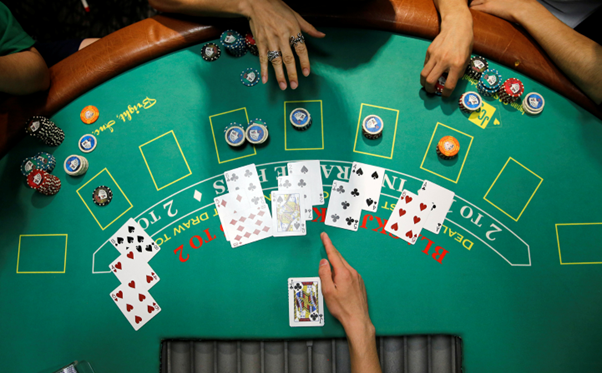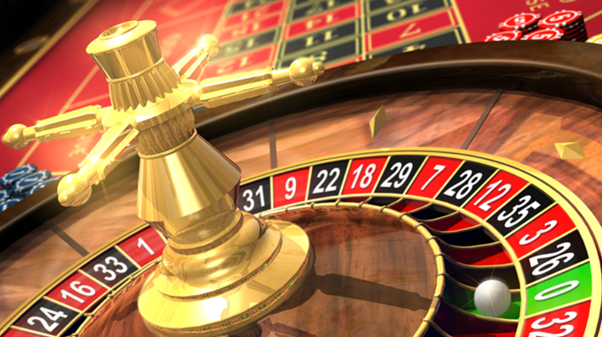Anyone who has ever visited a casino or watched movies about gambling has heard of the “hot hand” phenomenon. It’s the belief that a player who wins several times in a row is more likely to continue winning. But does the “hot hand” really exist, or is it just an illusion created by our brains?
What is the Hot Hand Effect?
The hot hand effect is a cognitive bias where people mistakenly believe that a person who has experienced success in a random event is more likely to achieve further success in additional attempts. In the context of a casino, this may manifest as a belief that a player who has won several times in a row at roulette or blackjack is likely to continue winning. This term is very often used by users who download 1win application.
Origin of the Term
The term “hot hand” was first used in basketball, where it was believed that a player who had made several shots in a row was more likely to make the next shot. However, this concept quickly spread to other areas, including gambling. Many players talk about this when they share their gaming experience.
Scientific Research
Numerous studies have been conducted to examine the hot hand effect. One of the most famous, conducted by Thomas Gilovich, Robert Vallone, and Amos Tversky in 1985, showed that sequences of “hot” and “cold” periods in basketball do not differ from random sequences. This study called into question the existence of the hot hand effect.
Psychological Aspects
Despite scientific evidence, many people continue to believe in the hot hand effect. This can be explained by several psychological factors:
- Confirmation bias: People tend to notice and remember events that confirm their beliefs while ignoring those that contradict them.
- Illusion of control: Players may mistakenly believe that their skills or “luck” influence random events.
- Gambler’s fallacy: The belief that random events should “even out” over time, leading to false expectations of future results.
Impact on Casino Behavior
Belief in the hot hand effect can significantly influence player behavior in casinos, especially when they compare different platforms:
- Increased betting: Players may increase the size of their bets, believing in the continuation of a winning streak.
- Extended play: The belief in a “hot hand” can cause players to continue playing longer than they had planned.
- Social influence: Other players may start betting on the “hot” player, creating a snowball effect.
The Reality of Randomness
It’s important to remember that most casino games are based on random events. Each roll of the dice, spin of the roulette wheel, or deal of cards is independent of previous results. Statistically, the probability of winning remains unchanged, regardless of previous outcomes.
Conclusion
Although the hot hand effect remains a popular belief among players, scientific research does not support its existence in the context of random events such as casino gambling. Understanding this can help players make more rational decisions and avoid risky behavior based on false beliefs.
However, despite the lack of scientific evidence, the concept of the “hot hand” continues to play a significant role in the psychology of gambling and remains an interesting topic for further research in cognitive psychology and decision-making theory.
In this article you have seen how players are psychologically influenced, on our website you can read an equally useful article about the influence of technology in recent years.




